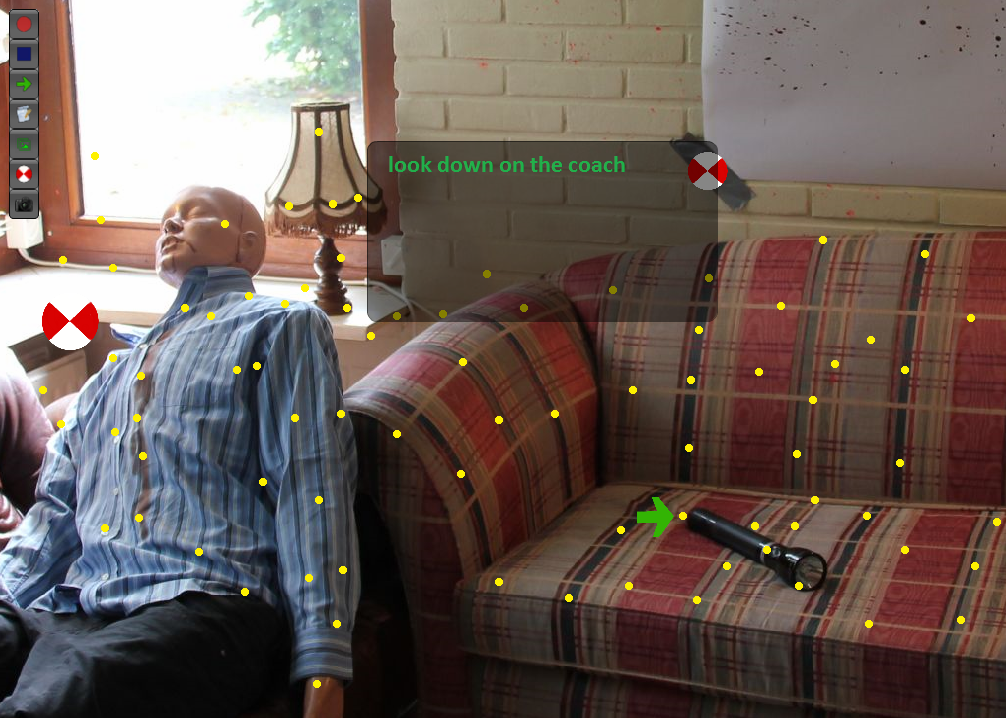When people currently hear the term ‘augmented reality,’ Pokémon Go immediately springs to mind. Dr. Stephan Lukosch and Dr. Heide Lukosch from the Faculty of Technology, Policy and Management think that it has much more to offer.
The duo have spent much of their careers investigating real world applications for augmented reality that stretch beyond Pikachu and his virtual pals. When they’re not busy teaching classes at TU Delft, they’re conducting research for several projects.
They concluded their work on one called On the Spot last winter and the results were published in the prestigious Journal of Collaborative Computing and Work Practices. The two-year project involved the creation of a system that enabling police officers and forensics experts to improve their investigational abilities. “We worked out a lot of scenarios,” Dr. Stephan Lukosch said. “One of them involved the discovery of an ecstasy lab. We staged a crime scene inside of an apartment and one of the agents wore glasses that sent information to a computer used by another agent in a different location.”
Not only would this system allow agents in a police station to inspect a crime scene located in a rural area, it might also improve situational awareness and collaborations between fire departments and other authorities. It would also enable them to keep better track of evidence and virtually revisit crime scenes days or even weeks later. Unfortunately, the system may require at least a few more years of development before it can be used in the field.
“We learned there are quite a few limitations with current augmented reality technology,” Dr. Stephan Lukosch said. “It’s not really stable and you wouldn’t want to see an agent wearing the equipment and really big glasses that we used.”
“We also have another European project that started in May that’s called iTrack,” Dr. Heide Lukosch said. “We’re aiming at improving safety for humanitarian workers in crisis situations, especially in the Middle East. The iTrack system will collect and provide information for humanitarian workforces about the safety of the areas they’re operating in.”
But it could be several more years before these projects become commonplace. As with many other types of technology that are still in their infancy, the two professors often face unreasonable expectations fueled by the film industry.
“One of the biggest problem that we face is that people are spoiled by Hollywood,” Dr. Stephan Lukosch said. “When people see movies like Minority Report this technology is already so perfect.”



Comments are closed.